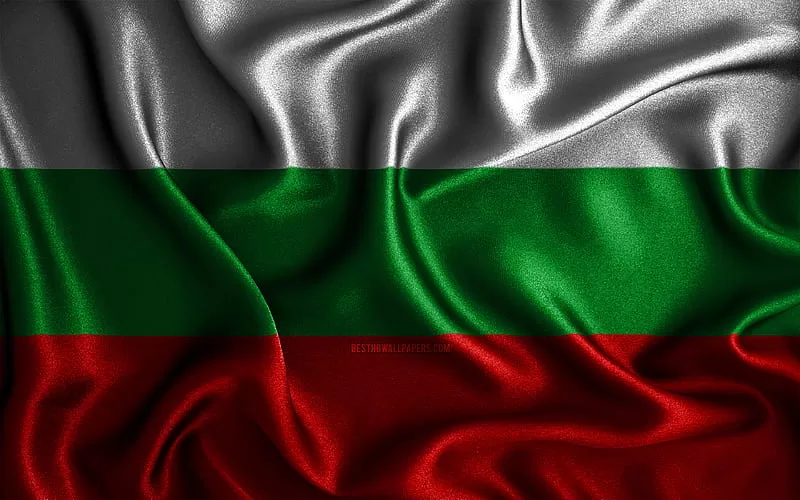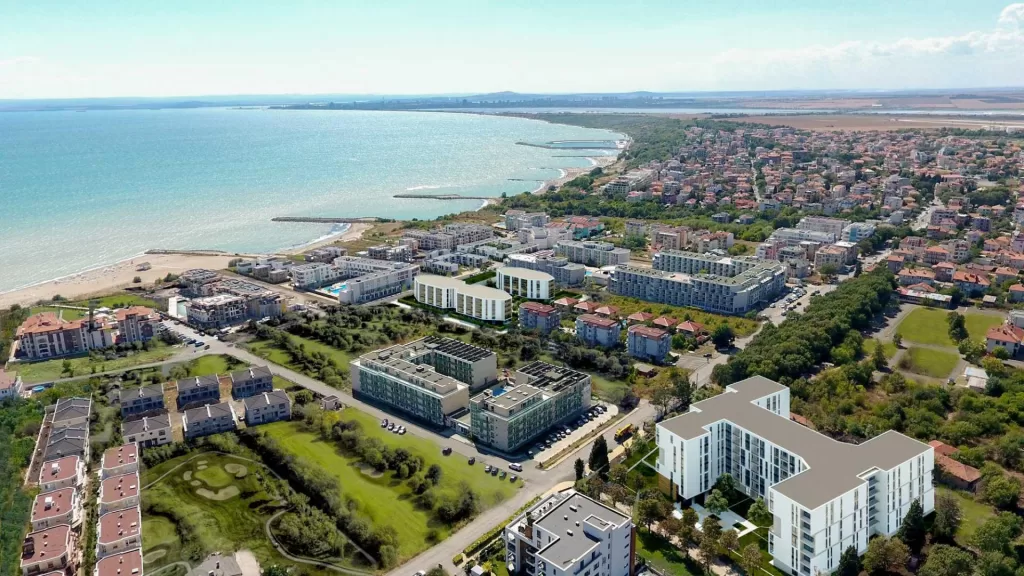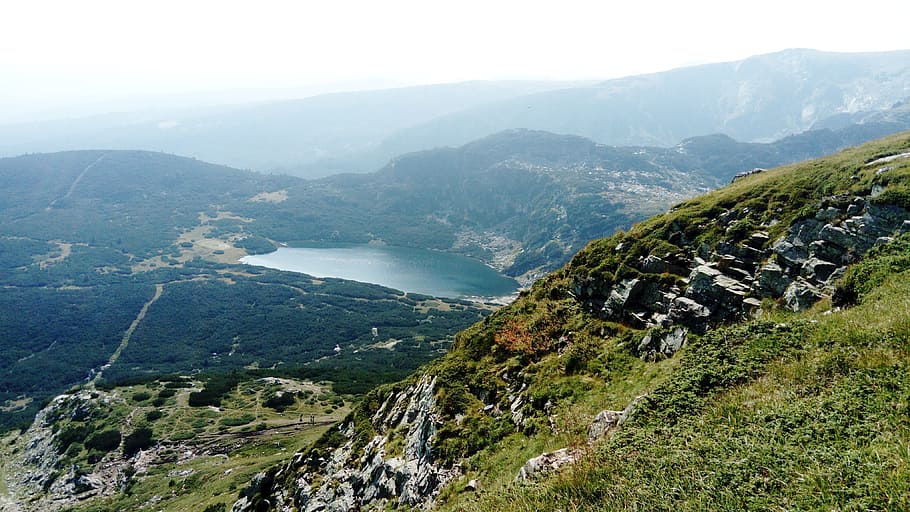Bulgaria Country Report

Bulgaria is a country located in Southeastern Europe, known for its rich history, vibrant culture, and beautiful landscapes. The capital city is Sofia, and the official language is Bulgarian. In terms of politics, Bulgaria is a parliamentary republic with a multi-party system. The President is the head of state, while the Prime Minister is the head of government. The legislative branch is represented by the National Assembly, which consists of 240 members elected through a proportional representation system. Bulgaria is a member of the European Union, NATO, and other international organizations. The country has undergone significant political and economic transformations since the fall of communism in 1989, transitioning to a market-oriented economy. Bulgaria has a diverse economy, with sectors such as industry, agriculture, services, and tourism playing important roles. The country is known for its beautiful Black Sea coastline, picturesque mountains, and historical landmarks like the ancient city of Plovdiv and the Rila Monastery. Bulgarian cuisine is also worth mentioning, with dishes like banitsa (a traditional pastry), shopska salad, and kebapche (grilled minced meat) being popular among locals and visitors alike.
Last updated: April 3, 2023
Security
Security in Bulgaria is generally considered to be stable. The country has made significant efforts to enhance its security measures, particularly in areas such as counterterrorism, border control, and cyber security. The Bulgarian government works closely with international partners to ensure the safety and well-being of its citizens and visitors. Like any other country, it’s always important to exercise caution and be aware of your surroundings, but overall, Bulgaria is a safe destination to visit.
Last updated: April 20, 2022
Infrastructure

Security in Bulgaria is generally considered to be stable. The country has made significant efforts to enhance its security measures, particularly in areas such as counterterrorism, border control, and cyber security. The Bulgarian government works closely with international partners to ensure the safety and well-being of its citizens and visitors. Like any other country, it’s always important to exercise caution and be aware of your surroundings, but overall, Bulgaria is a safe destination to visit.
Last updated: January 25, 2023
Environment

The environment in Bulgaria is diverse and beautiful! The country is known for its stunning landscapes, including mountains, forests, and coastal areas. Bulgaria is home to several national parks, such as Rila National Park and Pirin National Park, which offer breathtaking scenery and opportunities for outdoor activities like hiking and skiing. Bulgaria is also rich in biodiversity, with various plant and animal species. The country has implemented conservation efforts to protect its natural heritage, including the establishment of nature reserves and protected areas. However, like many other countries, Bulgaria faces environmental challenges. These include issues such as air pollution, waste management, and deforestation. The government and environmental organizations are working towards addressing these challenges through initiatives promoting sustainable practices and raising awareness about the importance of preserving the environment.
Last updated: February 28, 2022
Health and Medical
In terms of diseases, Bulgaria, like any other country, faces various health challenges. Common diseases in Bulgaria include cardiovascular diseases, respiratory illnesses, cancer, and infectious diseases such as influenza and tuberculosis. The government and healthcare institutions work together to address these health issues through prevention, early detection, and treatment programs. Bulgaria has a network of healthcare facilities, including hospitals, clinics, and specialized medical centers, that offer a wide range of medical services. The country has both general practitioners and specialists who provide medical care to patients. Additionally, Bulgaria has a system of health insurance that ensures access to healthcare services for its citizens. It’s important to note that healthcare services and quality can vary across different regions in Bulgaria. Major cities like Sofia, Plovdiv, and Varna have well-equipped hospitals and clinics with highly trained medical professionals. However, in more rural areas, access to healthcare services may be more limited.
Last updated: September 14, 2022
Political
The government is structured with a President as the head of state and a Prime Minister as the head of government. The President of Bulgaria is elected by popular vote and serves as the ceremonial figurehead, representing the country domestically and internationally. The Prime Minister, on the other hand, is elected by the National Assembly and holds executive power, leading the government and making policy decisions. Bulgaria has a unicameral parliament known as the National Assembly, consisting of 240 members who are elected through a proportional representation system. The political landscape in Bulgaria is diverse, with several political parties representing various ideologies and interests. The political system in Bulgaria is aimed at ensuring democratic governance, with respect for fundamental rights and freedoms. However, like any political system, Bulgaria faces challenges such as corruption and the need for further reforms.
Last updated: April 5, 2023















